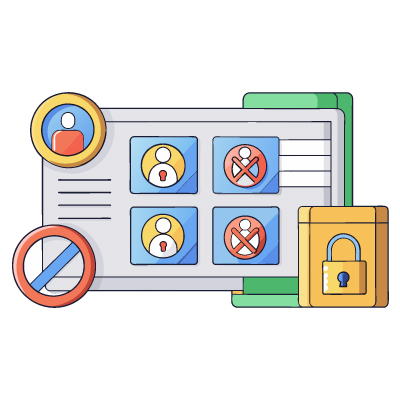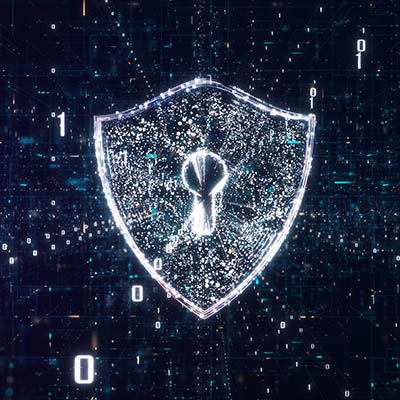If we told you that someone could guess information about you just from looking at an image, what would you say? You’d probably say, “yeah, no $!#?!” but we’re not talking about minor details… we’re talking about a lot of details. Paragraphs, even—plenty enough to be concerning.
Digital security cameras have changed the game when it comes to keeping places safe. They can be beneficial in all types of situations. Offices, retail spaces, warehouses, and other properties should be covered by some type of surveillance. This not only allows for real-time security, it can reduce liability and have a positive effect on an organization’s bottom line. Here’s a breakdown of three big reasons why they’re better than old-school analog cameras.
Technology is so ingrained in business that it’s nigh-impossible to operate without it. For this reason, cyberattacks on businesses are even more devastating, as they can halt operations and expose important data. Today, we want to highlight five common problems you might encounter with your cybersecurity.
Collaboration is super important for all kinds of businesses today, especially because so much work is done online. With so many people working from home, it’s clear that businesses need a safe way to work together successfully.
Let me ask you this: would you trust every one of your team members with a key to your house? Of course not, right? After all, what if someone lost their copy or had it stolen from them? So, if you wouldn’t trust your entire team with access to your home, why on earth would you trust them with carte blanche access to your entire business and all of its data? That’s just it… you wouldn’t.
Having your team connected through mobile, especially with access to collaboration and communication tools, is the new normal in business. Many organizations take advantage of the ubiquity of smartphones and either provide mobile devices to their staff or utilize the built-in options on many of today’s newest mobile OSs that allow them to put an encrypted work profile on; effectively adding mobility to your business without a huge capital investment. Regardless of what option you choose, you need to have management software in place if you are going to trust your employees to have access to company information outside of the office.
A business email compromise attack is a phishing scam in which a scammer uses email to take possession of capital—either in the form of data or actual finances—from the organization they choose to target. Lately, these scams have been observed to focus on schools. Let’s review the situation at hand and what is at stake.
Most businesses these days utilize cloud computing in some way (about 90 percent, as a matter of fact). How is your business utilizing this technology? Regardless, you want to have security locked in for your cloud computing resources, which is what we want to focus on for today’s blog article.
Over a quarter of all data breaches target small businesses, and the cost of a breach can be devastating. To protect your business’ data and infrastructure, small businesses need a combination of effective technology tools and well-planned strategies. Here are some key steps your business can take to safeguard itself against digital theft.
Businesses face numerous challenges, many of which arise internally. Whether your business is dealing with cybersecurity threats, unhappy customers, or unreliable suppliers, leaders must navigate every threat. Among these, internal issues can often be the most disruptive. In this blog, we’ll focus on two critical employee-related challenges that can significantly hinder business operations.










